#YISHREADS June 2023
By Ng Yi-Sheng / @yishkabob
Pride month column!
Yeah, it’s a teensy bit redundant, considering how rainbow-tinted this journal is in general, and this column in particular. But I’ve deliberately chosen these readings into the queer cultures of East Asia, Southeast Asia, and the West to paint a useful picture of queerness as a diverse, complex and multi-faceted project that we’re all engaged in shaping—whether we’re active participants, discussants, or opponents thereof.
Bad Gays: A Homosexual History, by Huw Lemmey and Ben Miller
Verso, 2022
I'm a sucker for queer history—I think I spent a good deal of my first years on the World Wide Web in the 1990s searching for knowledge of queer forebears, from Sappho to Da Vinci to Alan Turing, trying to reassure myself that my sexual identity wasn't an inheritance of perversion but of genius and heroism.
Enter Bad Gays, which first emerged as a podcast in 2019,[i] offering incredibly well-researched and insightful biographies of "evil and complicated gays"—folks active and complicit in villainy and oppression of others, e.g. the Oscar Wilde-destroyer Bosie, the serial killer Andrew Cunanan, the actual founder of the Nazi Stormtroopers Ernst Röhm. These aren't just thrilling because they spill the tea; they also point to patterns of how easily queer identities can harmonise with murderous and fascistic ideologies.
This book follows this theme by tracing a timeline of Western history, from the Roman Emperor Hadrian (tyrant over the Jews, creator of a whole religious cult around his dead boyfriend Antinous... whom he himself may have sacrificed?) through to the misogynistic, witch-hunting and court favourite-pampering James VI of Scotland/I of England to the glorifications of colonialism in the form of Lawrence of Arabia, with a whole cluster of folks centred around Nazism and Fascism in the mid-20th century and beyond.
What's particularly interesting is the inclusion of folks most of us might consider pretty innocent—the anthropologist Margaret Mead, who relied on colonial power inequalities and blithe overconfidence to declare a primitive enlightened sexual culture in Samoa; the Weimar Republic publisher and early gay activist Friedrich Radszuweit, who reassured his readers that the Nazis could be made to see reason and support the queer community; NYC architect Philip Johnson, who pioneered postmodern aesthetics at the expense of affordable housing... and was only after his death in 2005 exposed as a huge supporter of Nazism, much to his Jewish protégés’ confusion.
Also the poignant details—Yukio Mishima never expected to succeed with his hostage action, but he probably didn't expect to be jeered by soldiers before his ritual suicide—and catty "you go girl" and "we've all been there" asides when discussing these subjects' remarkable sex lives.
And the urgent relevance of all this—the final profile is of Pim Fortuyn, the openly gay, far right, anti-immigrant Dutch politician (he hated Islam and loved f*cking Moroccan men) who managed to pinkwash fascism for the 21st century; whose assassination by an animal rights activist, of all things, turned him into a martyr, allowing genocidal European politicians to claim that it's their opponents who're becoming intolerant. A forerunner of other queer neocons today: Milo Yiannopoulos, George Santos, Caitlyn Jenner... and half the condo gays my boyf is friends with.
With the discovery of HIV anti-retroviral medicines, the coalitions of gay men, queer women, trans people, homeless people and the working class have kinda dissolved, so white gay men wanna get to seize privilege at the expense of others. But this doesn't have to happen. We can—as in the case of colonial agent-turned colonial rebel Roger Casement—choose to revolt. We can, like the Marine Cooks and Stewards Union of the 1930s, like the Third World Gay Liberationists of the 1970s, insist on justice that includes us all. Sexuality might not be a choice, but politics goddamn well is.
Oral Histories of Older Gay Men in Hong Kong: Unspoken but Unforgotten, by Travis S. K. Kong
Hong Kong University Press, 2019
I moderated a talk by this HKU prof at City Book Room back in 2019, just before this book came out! I'm talking about the English edition, mind you—the archiving project began in 2009 and the Chinese original, 男男正傳:香港年長男同志口述史, came out in 2014.
The core of this book is 13 profiles of Hong Kong men, almost all anonymous, almost all baby boomers born in the mid-40s to early 50s (though his first two are from 1924 and 1934), most from working-class backgrounds, though their fortunes rose and fell with Hong Kong's prosperity and the Chinese penchant for gambling—though two are British expats, including my own friend Nigel Collett. Kong bookends these chapters with an intro explaining Hong Kong's queer history and a conclusion describing the activist context of this project (it resulted in the creation of a group called Gay and Grey), plus a middle section with scanned letters and artistic photos of the participants (very discreetly shot).
What emerges from this is a queer history that's pretty different from the predominant narrative of the West. There's no stories of 1960s/70s activism (except for one guy's leftist activism) or club scenes. What's more common are awakenings of desire through straight-up sexual assault as minors, sexcapades in saunas, cinemas, and public toilets (nicknamed "gardens") and heterosexual marriage (or else intense familial pressure to enter one). Guys have to resort to complex excuses if they choose to remain unwived (a secret wife in Bangkok and a kid in Canada; or else a fortune teller saying it'd be bad luck). And though the marriages often don't last, and the men may treat their wives and kids pretty badly, sometimes it does work out to the interviewees' satisfaction—the tragedy of Brokeback Mountain turned into a comedy, Kong writes, with the wives as the chumps of the arrangement.
Basically, there isn't much homonormativity in these narratives. Sure, Nigel's still happily settled with his Singaporean partner since the 90s (but he did only come out properly at the age of 45!), but most stories involve casual hook-ups (often just handjobs or blowjobs, since rooms were hard to come by), toxic boyfriends who gamble away all your money or tell you suddenly they're getting straight-married tomorrow, threesomes and even foursomes, sex work patronage, sex tourism to Taiwan and Thailand, and significant age gaps (though it's rather heartening how sexually active some of these guys are in their 60s and 70s!). Even the HIV epidemic of the 80s and 90s didn't make that big an impression on this generation—though some caught the bug more recently, and are living with the illness still. More significant would be the police raids and the suicide of gay Scottish inspector John MacLennan in 1980 after an internal crackdown, which kinda kicked off the modern tongzhi movement.
And what this is telling me is that Singapore's current approach towards archiving queer history is really flawed.[ii] Folks are interviewing prominent activists who've got profiles to maintain, not going into bathhouses and making friends with the problematic Hokkien-speaking uncles no-one wants to talk to—and that's gonna give you a history that's elitist and self-censored AF. Who's gonna reach out to the non-famous lao gays before they're all gone?
Notes of a Crocodile, by Qiu Miaojin
Translated by Bonnie Huie
NYRB Classics, 2017
This is possibly the most famous and influential lesbian novel of the Chinese-speaking world, a cult classic published in 1994, during a lesbian-focussed media frenzy... and just one year before the author unalived herself!
It's horrifying. I mean the book. Not that it's bad—it's daring in its experimentation, shocking in its characterisation—but it paints such a bleak picture of Taiwanese university youth, beautiful, effortlessly intelligent and cosmopolitan, yet horribly nihilistic and self-destructive. Our protagonist (nicknamed Lazi) is consumed by her desire for a girl named Shui Ling. But she treats her badly, extending and breaking correspondence in class, plunging in and out of contact until Shui Ling, who once loved her, regards her with toxic hatred. In the meantime, she surrounds herself with terrible friends—Meng Sheng, a spoiled, genius, rich kid with gang contacts (he sends her a severed finger in the mail); his now-spurned gay lover Chu Kuang who has a breakdown as club president and who may or may not have dissociative identity disorder (depends who you ask); Tun Tun and Zhi Rou, a harmonious lesbian couple who suddenly, inexplicably, irrevocably separate, each now despising the other and dating men; Xiao Fan, a girl pining after her high-school sweetheart who routinely disappears, and who enters a sexual relationship with Lazi, compatible specifically because they don't love one another.
In counterpoint to all this is a narrative of Lazi as a crocodile who must hide her identity from the croc-obsessed Taiwanese public by wearing a human suit. (Crocodiles are in fact an endangered species in the country, so people both want to preserve and eradicate them.) She works shit jobs, in bakeries and tea shops, calls herself Derek Jarman, and brings home a fellow female croc named Jean Genet who won't stop talking, goes into states of deep depression where she does nothing but sleep, not even reading books…
You can see the influence of Camus here (Qiu did her MA in Paris, studying under Hélène Cixous), and arguably Pai Hsien-yang, author of the somewhat less pessimistic pioneering Taiwanese gay novel Crystal Boys. and she's name-dropping French films, Haruki Murakami, Brothers Grimm tales, The Book of Songs. It's a cultural canon miles away from the more triumphalist narrative of gay liberation we get from the Anglophone West.
And I can't help but wonder—be grateful for, but also wonder—what if queer SingLit had also started out in such a tortured, chaotic way? Without warmth, but a blazing inferno that consumes taboo?
The Third Sex: Kathoey—Thailand's Ladyboys, by Richard Totman
Silkworm Books, 2003
Hmm, this is interesting. The author's an anthropologist, so I'd expected a dry, objectifying, even neocolonial study. What we've got instead is a mix of chapters on technical/theoretical aspects of transgenderism (science, global trends, statistics) and intimate narratives of a quartet of kathoeys he befriended in Chiang Mai—centred on Daeng, whom he actually stayed with in her familial home, chattering in his newly learnt Thai with her and her grandmother, abandoning his tape recorder to just gossip with the queens at their fabulous performances. (He notes that there's truth in the stereotype that they phuut maak, talk a lot.)
There's something almost novelistic about these sequences, tracing Daeng, Lek and Malli when they're kids at Nithi School (where a full 5% of the boys go on to become kathoeys), having tutelage under a "sister", Saowani; their challenges as they navigate chemical/surgical transition, family, university, the showbiz scene, sex work (a surprisingly gradual, untraumatic, uncontroversial choice), white collar work, dating, etc. And Lek's strange revelation when Totman asks what happens to old kathoeys—"They sleep." Which only sounds horribly depressing, in terms of inaction, to us: in fact there's some contentment in the acts of staying home, watching TV, hanging out with friends and doing behind-the-scenes work for performances.
There's a certain—shall we say, innocence about the way Totman's trying to make sense of all this, probing into history to find 19th-century colonial accounts of trans folks, interviewing doctors who agree that kathoeys seem to have genetic predispositions (they say they're taller on average than cisgender Thai men, and the author agrees!), deducing their strange diametric relationship to monks (often present at the same festivals, often both extremely Buddhist, the hypersexuality of kathoeys tolerated because it's their karmic destiny and also allows men a sexual outlet without the complications of reproduction), figuring out the origins of kathoey through Khmer etymologies and Buddhist legends (the tale goes that humans were created man, woman and kathoey, and then the kathoey got jealous of the straight couple and murdered the man!).
And even using this all to argue for trans acceptance in the West, since it's still controversial there (and wow, still is), and the sad fact that in the uncolonised nation of Thailand, it's the Westernised middle classes who look down on the kathoeys while the working classes still praise their beauty.
But all this is a slice of life from the 90s—a time when well-off kathoeys were still coming to Singapore for gender-affirming surgery. There are now kathoey professors and air stewardesses and nonbinary kids... but they still can't change their genders on their government documents or get married. How much of what Totman observed is even remotely the same?
Infinity Diary, by Cyril Wong
Seagull Books, 2020
Don't be ashamed if you're a fan of the poet and haven't heard of this title! It was published in 2020 by the Kolkata-based literary press Seagull Books, part of their Pride List, and never got much publicity—only found it at the BooksActually clearance sale.
Nevertheless, rest assured, this is solid Cyril, through and through. It's mostly long prose poems in untitled sections, but among those, there's transcendent Zen Buddhist stuff (e.g. "Travelling Light"), bitingly b*tchy stuff ("Dear Stupid Straight People"!), memories of dreams ("Remarks on Nothing"), HDB life (my photo background pays homage to the opening poem, "Clementi Is a Place on Earth") and so, so much reflection on and gentle affection for the everyday love of his lover, Sheo. What is it like, I wonder, for an Indian audience to read how a man's Hinduism may become part of a gay lover's worldview; to have his smell un-PC-ly but self-awarely fetishised in the opening lines of "Nugatory Analysis"?
My favourite poem of the book must be "Vakkali Reflections", drawing from a story from the Theragatha. In parallel columns, Cyril narrates the story— a man named Vakkali is entranced by the Buddha's beauty, becoming a disciple, and receives comfort from the Buddha as he lies dying of illness—and interrogates its queer potential, making something sacred out of unfulfillable desire. But at the same time I'm deeply grateful for the moments in other poems where he drops Singapo references that no international reader should have any business knowing—"Plainspeak: Holes, Lines, Bonny Hicks" dwells on the memory and words of that fabulous fashion model-turned-bisexual writer of the 90s, turning her into an icon of meditation rather than glamour.
And cause for gladness: several of these poems are already dated, as they specifically rage against the Singapore government for holding on to 377A. Not that this makes the words less potent. Those of us who grew up under that ridiculous law will always bear a grudge for how long it was brandished before us—and wary over the new forms that hatred takes.
Endnotes
[i] For access to the Bad Gays podcast, see their website:https://badgayspod.com/
[ii] It’s really only a bunch of volunteers at the Singapore Queer Oral History Archive doing this! I’m honestly just happy someone’s doing something. More info here: https://sgqueeroralhistoryarchive.wordpress.com/
Ng Yi-Sheng (he/him) is a Singaporean writer, researcher and LGBT+ activist. His books include the short-story collection Lion City and the poetry collection last boy (both winners of the Singapore Literature Prize), the non-fiction work SQ21: Singapore Queers in the 21st Century, the spoken word collection Loud Poems for a Very Obliging Audience, and the performance lecture compilation Black Waters, Pink Sands. He recently edited A Mosque in the Jungle: Classic Ghost Stories by Othman Wok and EXHALE: an Anthology of Queer Singapore Voices. Check out his website at ngyisheng.com.
If you’ve enjoyed reading this article, please consider making a donation. Your donation goes towards paying our contributors and a modest stipend to our editors. Singapore Unbound is powered by volunteers, and we depend on individual supporters. To maintain our independence, we do not seek or accept direct funding from any government.






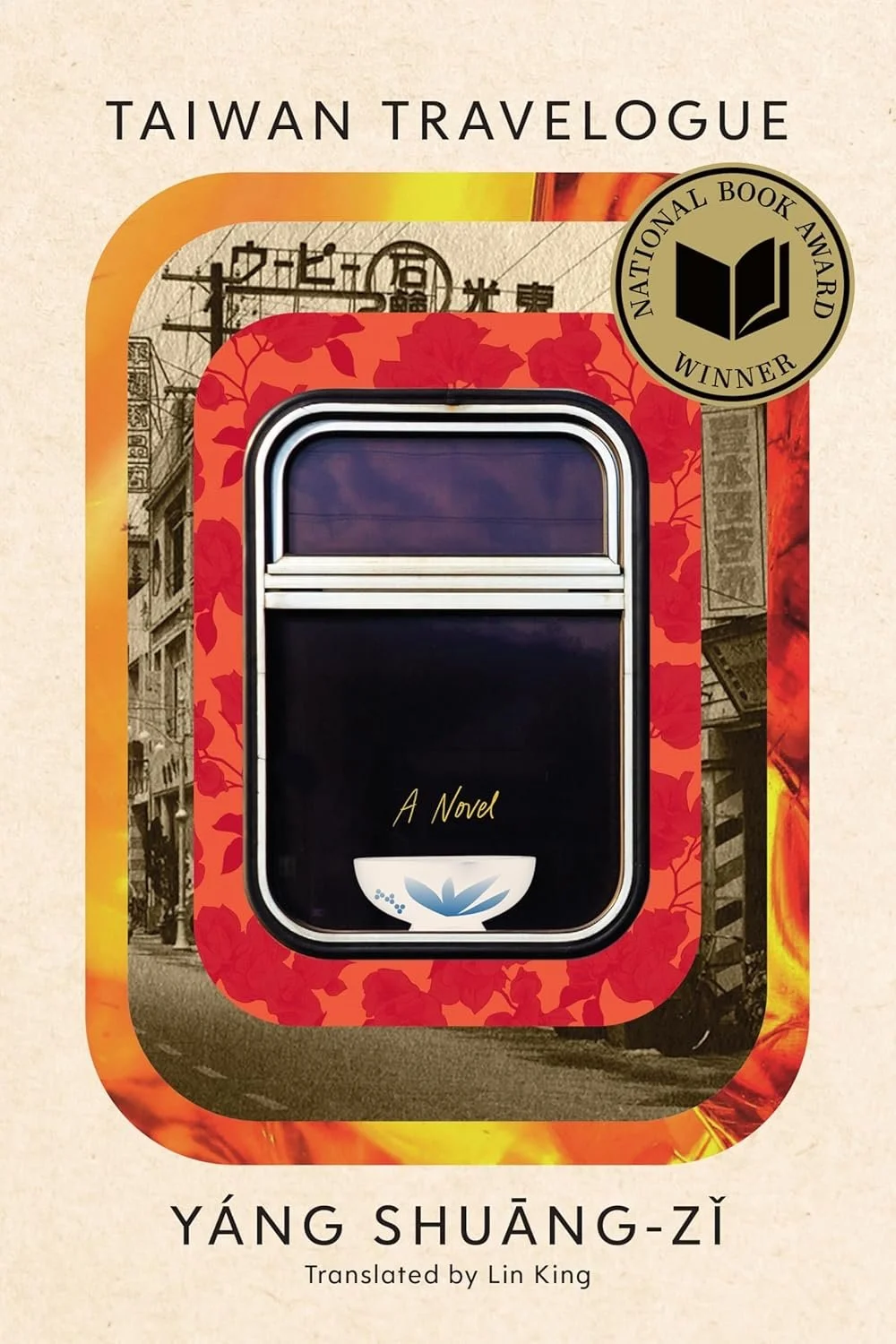
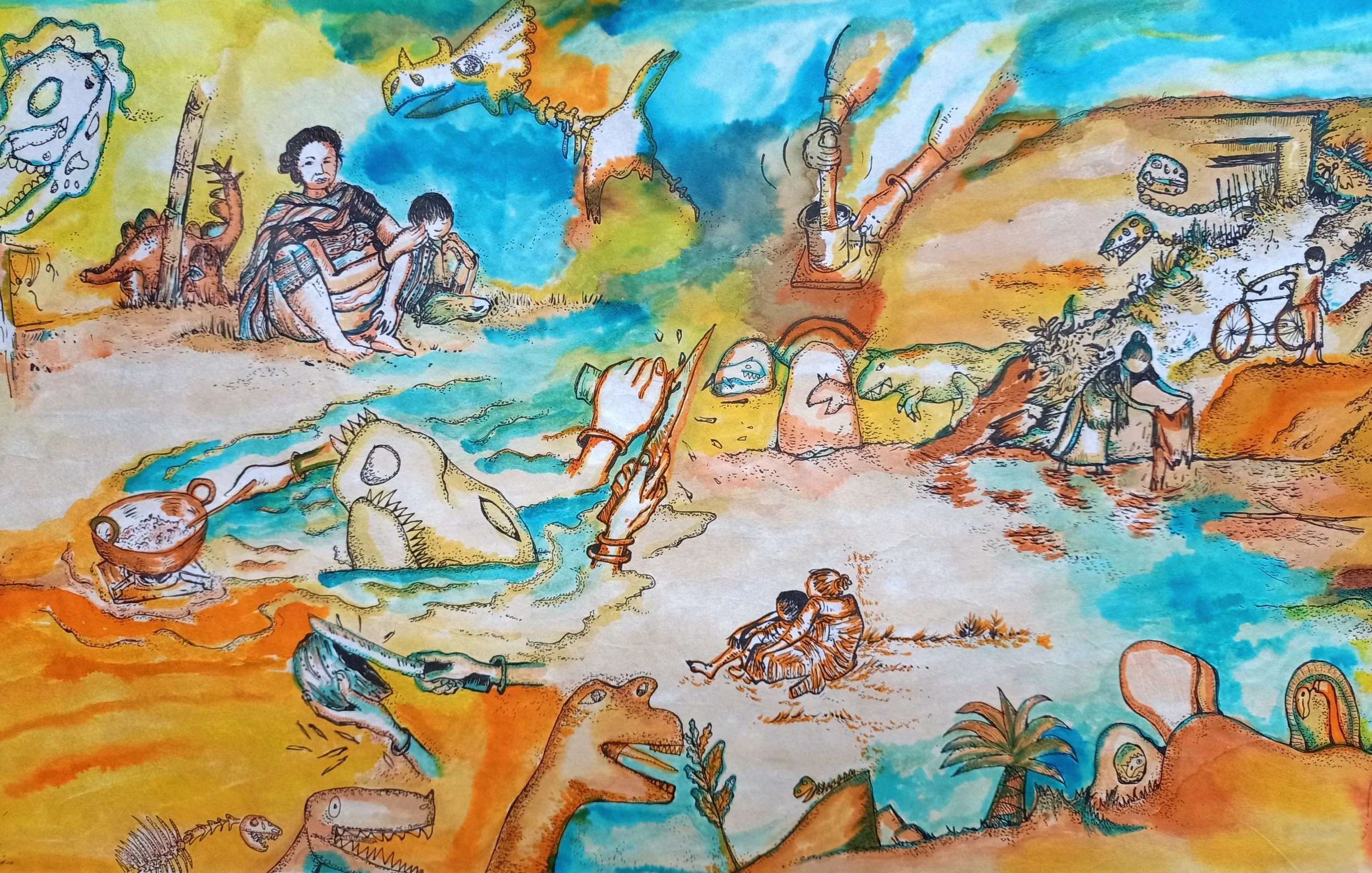
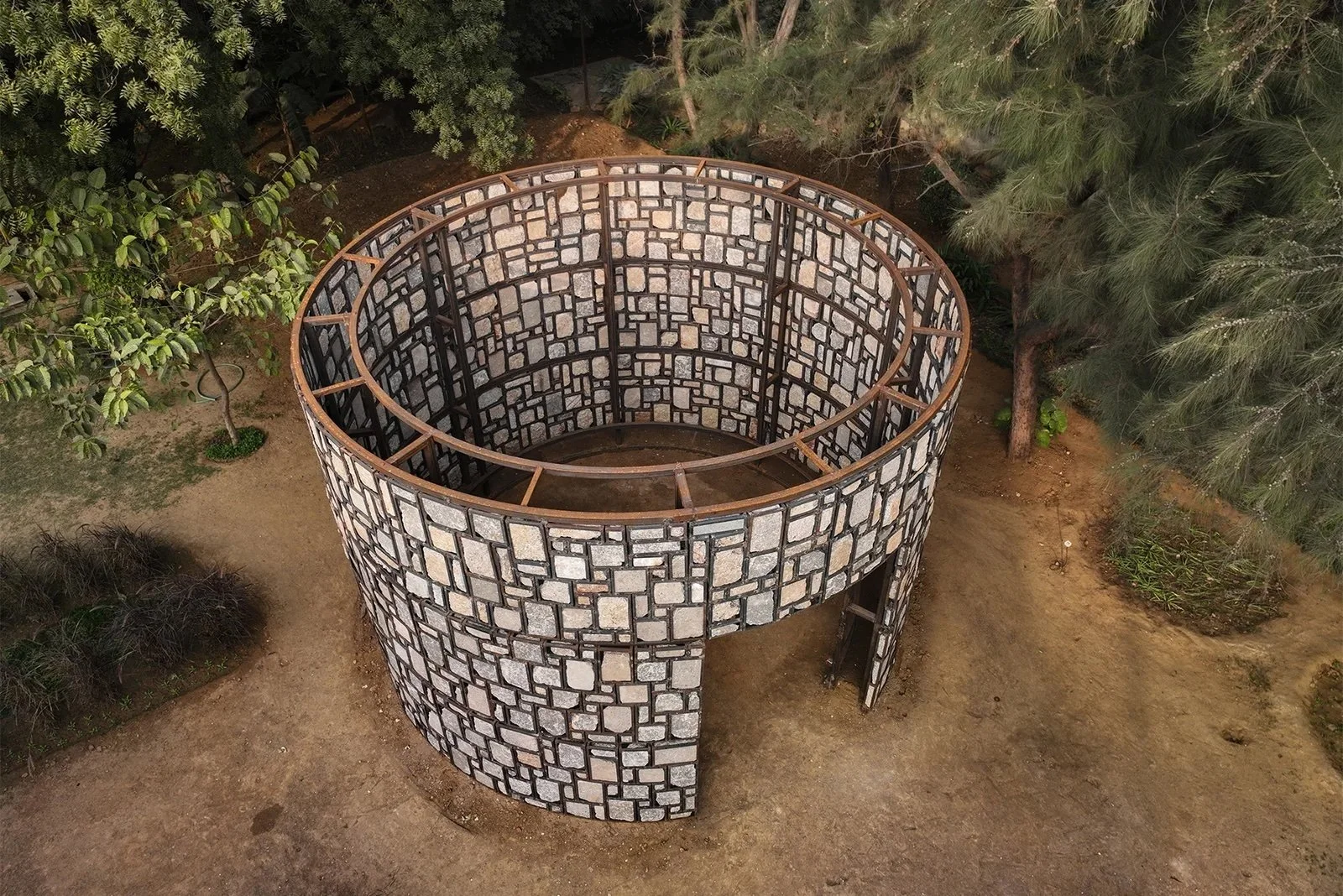
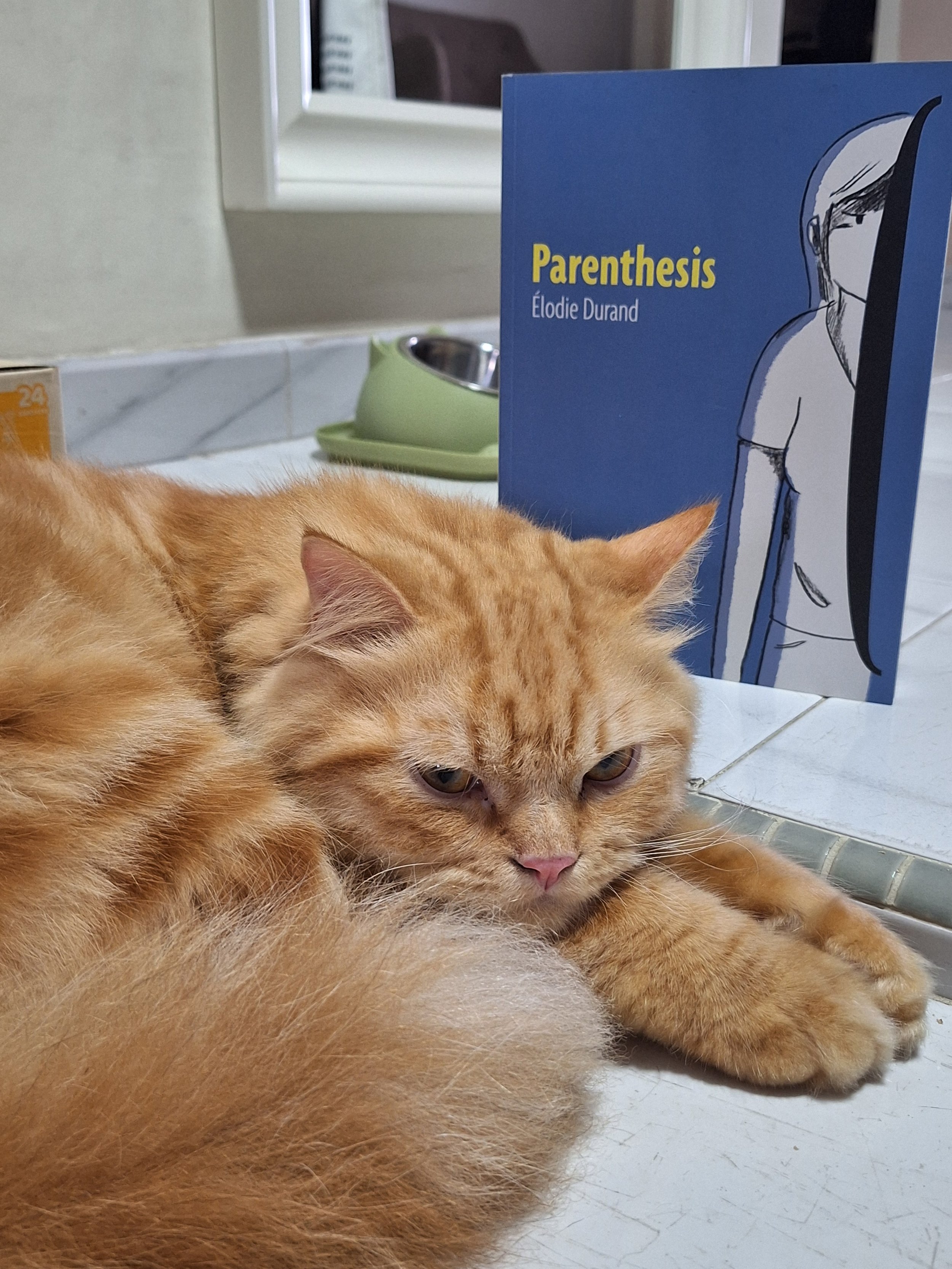
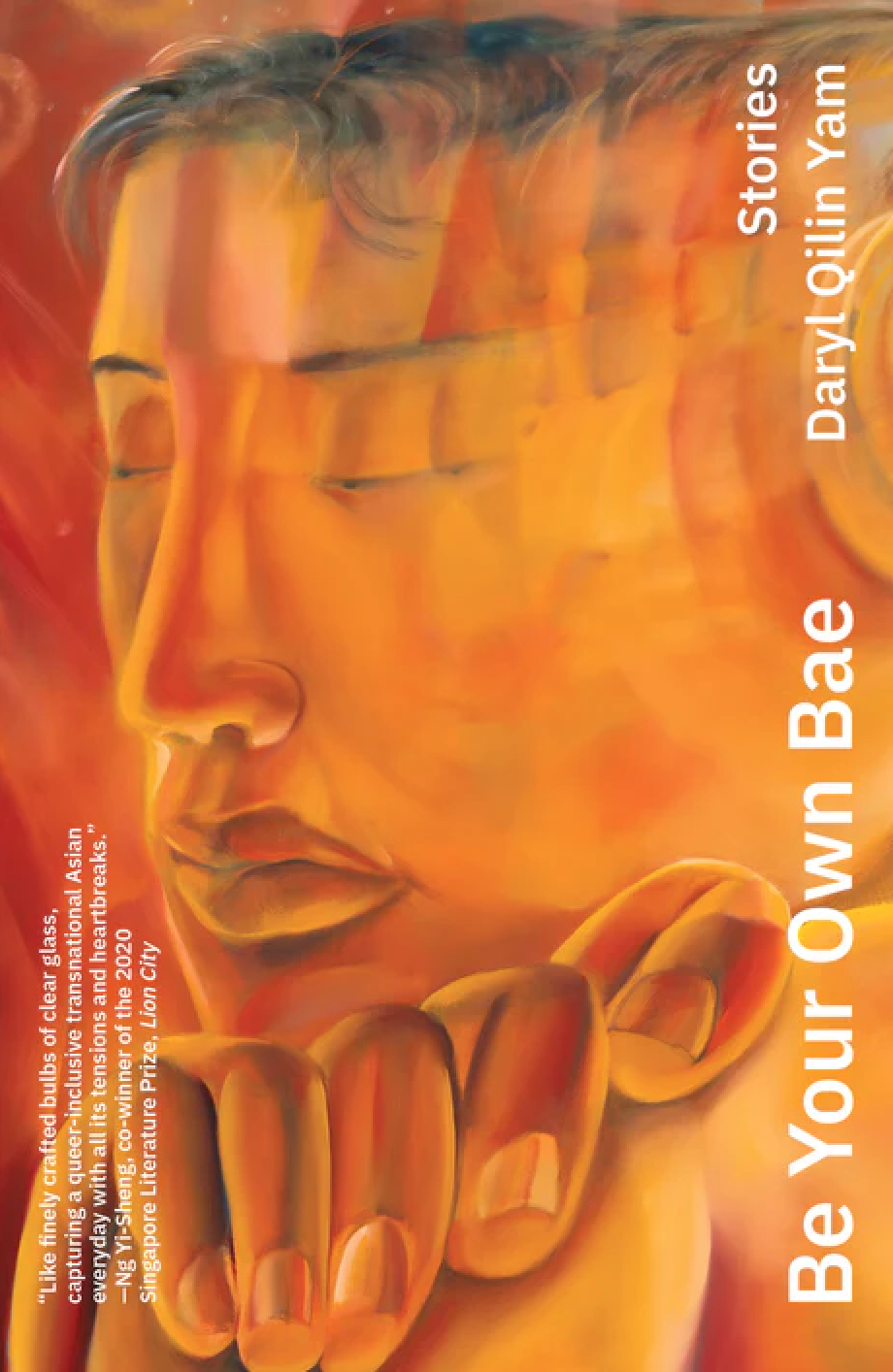
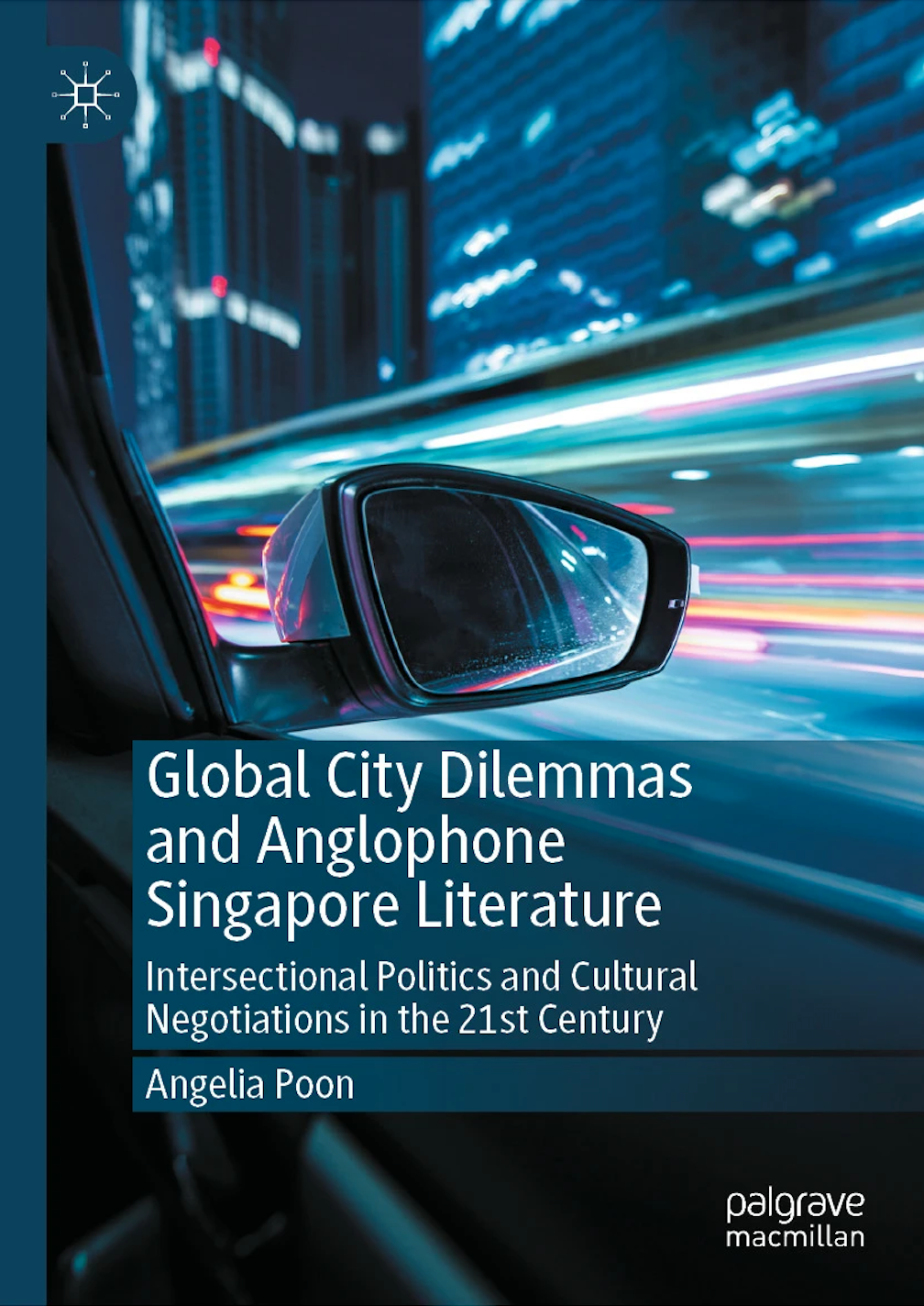
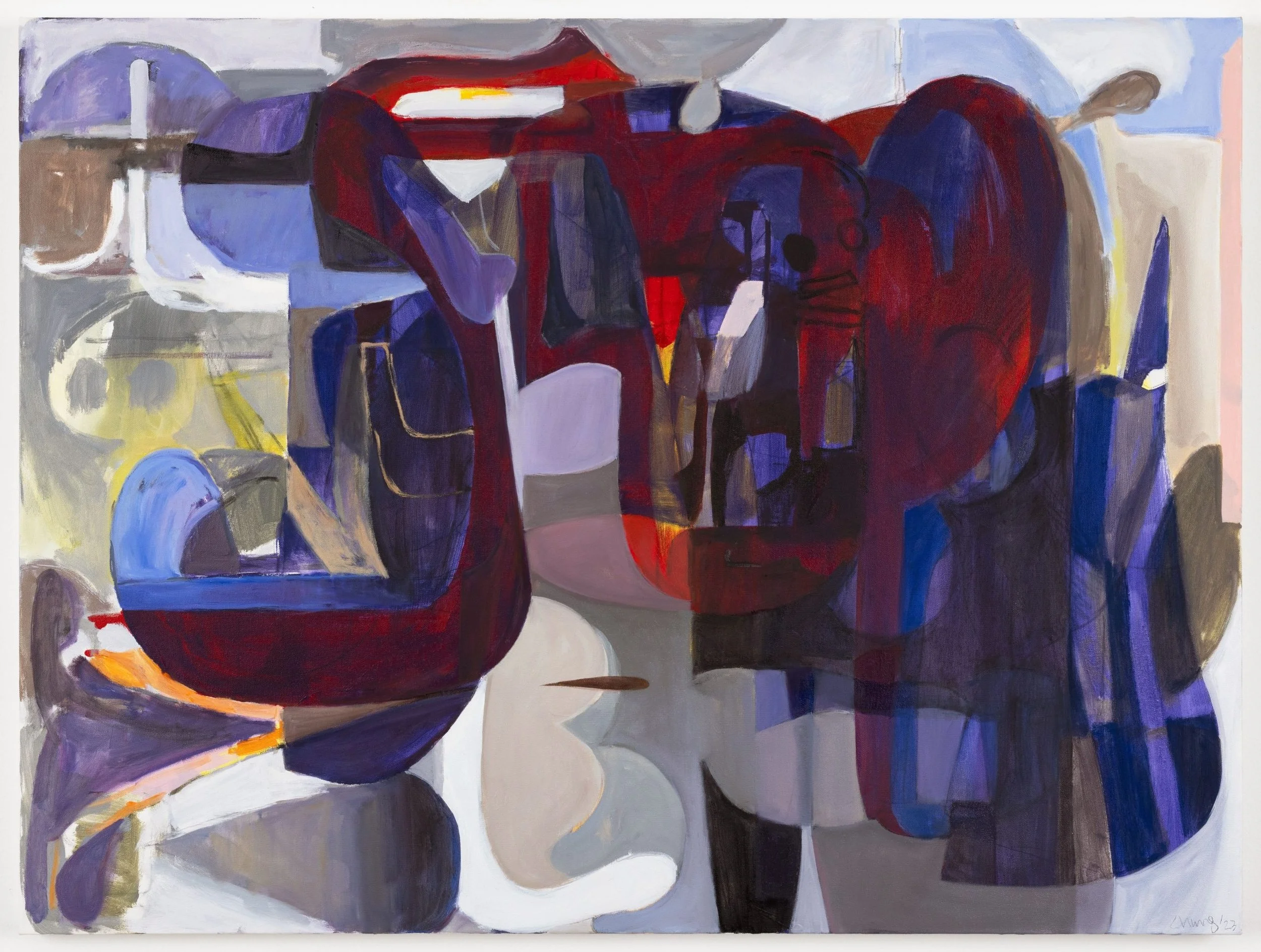
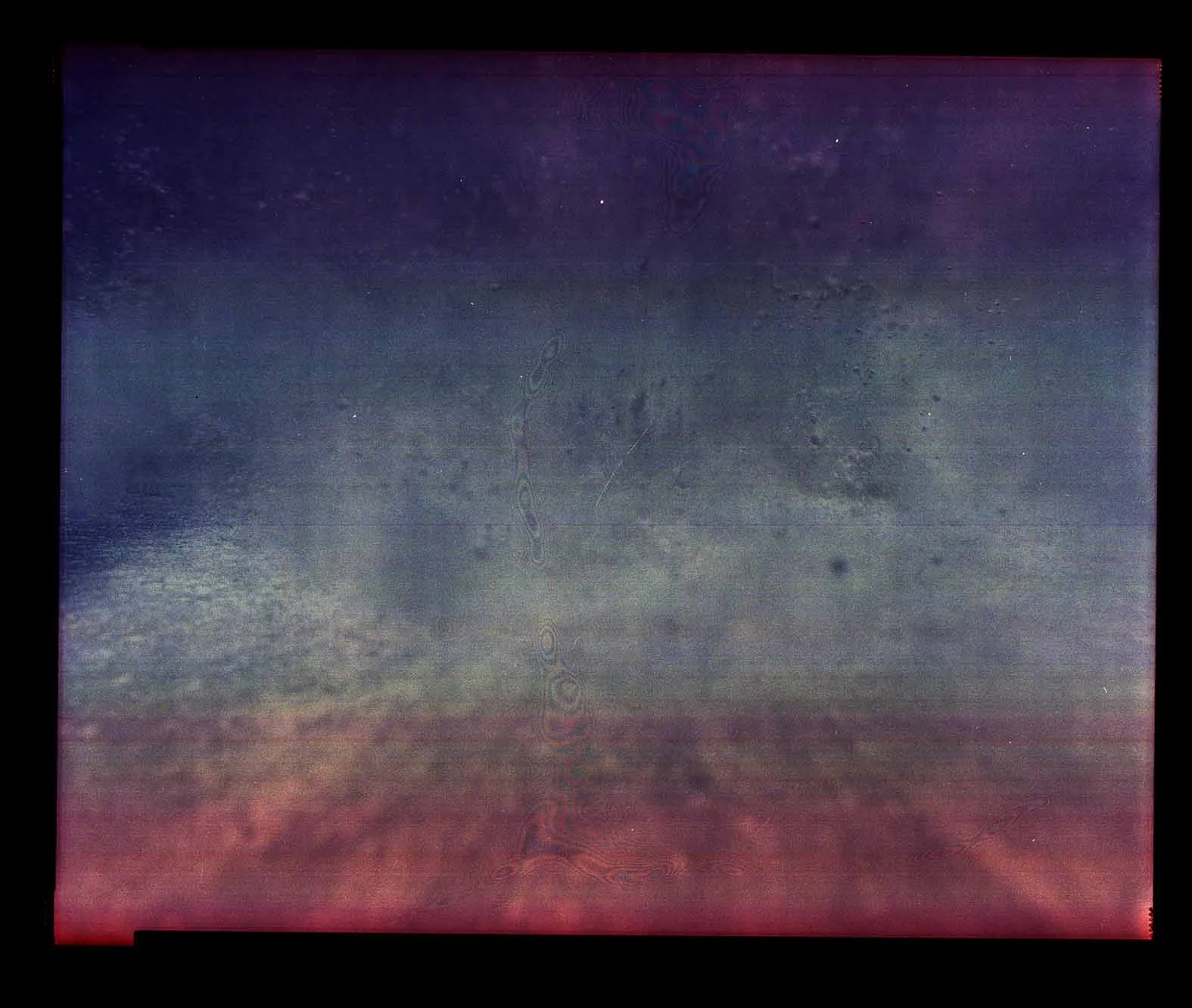
‘Style, tone, and form aren’t just decoration—they’re the architecture of meaning... A plastic chalice cannot hold sacred wine.’ – an essay on meaning-making by Chadawan Yuddhara.